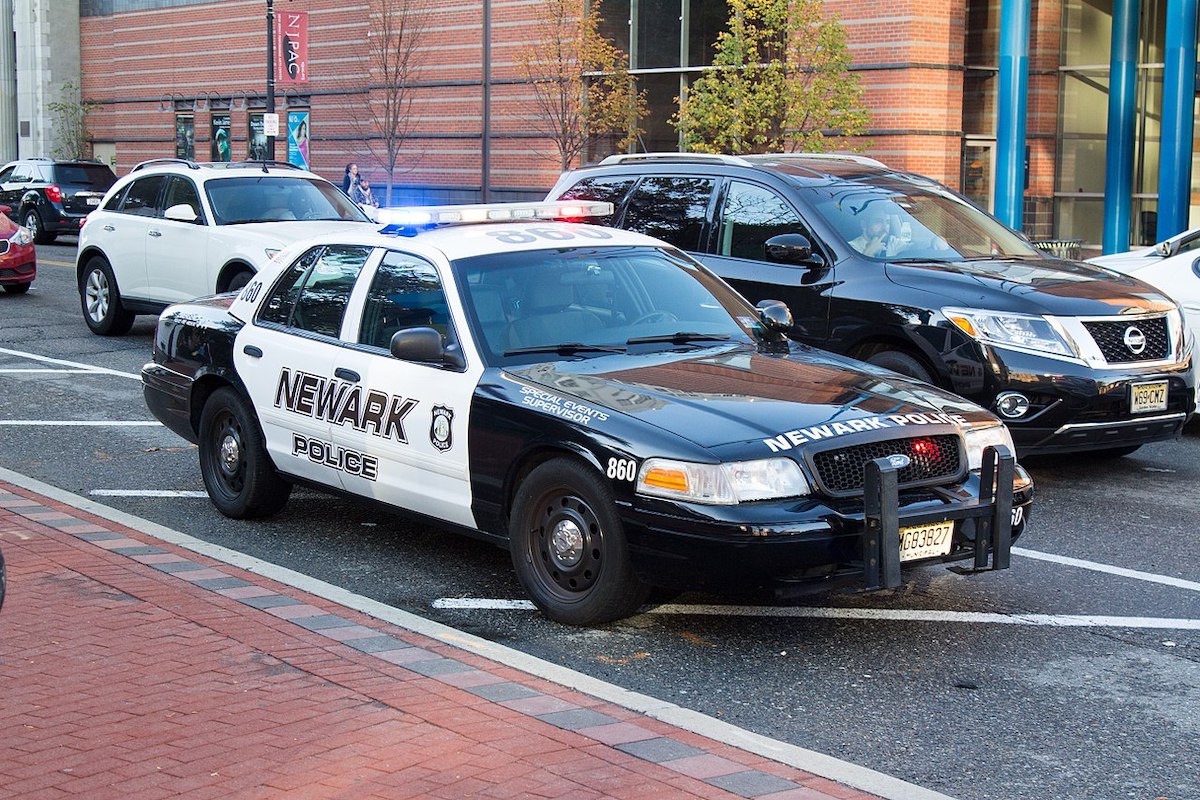NEWARK — The newly-formed Civilian Complaint Review Board (CCRB) held its first virtual meeting on Monday, laying down a foundation on how the board will handle police misconduct.
After a 50-year fight and unsuccessful attempts by community organizations, the Newark Municipal council voted unanimously on March 16, 2016 to establish a permanent CCRB, poised to become one of the strongest police oversight boards in the country.
The committee was created in the wake of a 2014 federal Civil Rights Division report showing “a pattern or practice of constitutional violations” in the actions of some city police officers and “deficiencies” in the department’s system for preventing and investigation residents’ complaints.
The formation of a civilian complaint review committee was one result of that report.
“This is a historic moment for the City of Newark, in how we address the continuing issue of public safety, and improve the relationship between our police and our residents. We are correcting one of the serious issues that have long affected the Newark Police Department, an issue which led to the imposition of a federal monitor over our department. Newark’s first Civilian Complaint Review Board is part of our answer to these issues, and we are creating a unique, progressive, and fully transparent board,” Mayor Ras Baraka said back in 2016.
“Once this board is in operation, residents who have complaints or concerns about police behavior will be able to be certain they will be treated with support, understanding, professionalism, respect, and most importantly, action,” Baraka added.
The CCRB will have the power to issue subpoenas, conduct investigations, and establish a mediation program to enable complainants to resolve their complaints through informal conciliation.
“This is truly a historic moment in our city,” Chairperson Richard Robinson, a member from Newark’s NAACP chapter said during Monday’s meeting. “We have a diverse group with different cultures, experiences and views that will benefit the ability of this board to provide needed resources to our community.”
The 11 board members —with the majority being African American and Newark residents— come from different community organizations, such as La Casa de Don Pedro, the American Civil Liberties Union of New Jersey, People’s Organization for Progress, Ironbound Community Corporation, and Rutgers Law School.
Since the CCRB was established, however, Fraternal Order of Police lawyers representing Newark officers have argued that the committee’s power to subpoena officers violates state law.
Only a body of all council members, not a committee of community group members, can have subpoena powers, Matthew Areman, the union’s attorney said.
“The proposal to confer subpoena power upon a proposed board is illegal since subpoena power can be created only by action of the Legislature,” Areman said, citing the language of an earlier court decision.
Areman also argued that a board made up of mostly members from organizations that historically have demanded more accountability for city police can be problematic.
“Individuals plucked from these advocacy groups are part of these advocacy groups because they have a certain viewpoint,” Areman said earlier this year. “Not that there’s anything bad about that certain viewpoint, but when that individual is tasked with making a fair and neutral adjudication of an individual officer, I think it creates a system that is rife for problems.”
Chief Justice Stuart Rabner challenged Arena’s assertion stating if a sworn office member can be trusted, why can’t a trained representative who belongs to a community group be trusted.
After more than two years battling in court, in May a lower court stripped Newark’s CCRB of its investigatory powers included in the CCRB Ordinance: investigating alleged police misconduct, conducting hearings, making recommendations and issuing subpoenas.
This left the CCRB without the ability to investigate individual cases of misconduct. Had New York City’s CCRB similarly been stripped of its powers, it would have been unable to investigate misconduct in the Eric Garner case
In June, the appellate court sided with the City of Newark on all of the most important powers of the Board.
There were only two areas that the Appellate Court found the Ordinance went too far, infringing on the Chief of Police statutory rights by making the CCRB’s findings of fact binding, absent clear error, and second, improperly permitting disclosure of complainant and police officer’s identities.
“Today’s court decision to restore Newark’s CCRB as one of the strongest in America is an important step forward in Newark’s successful work to foster cooperation between our police and the communities they serve. I congratulate our Law Department for their effective work in securing this victory for the people of Newark,” Mayor Baraka said back in June.
During the first meeting on Monday, the CCRB discussed policies surrounding conflict of interest, the creation of two new job positions under their investigation unit, the creation of a sub-committee in charge of community outreach as well as the creation of internships for law students through Rutgers Law School.
Even though there was no concrete timeline on when these policies will be finalizing, the board pledged on working on having these policies in place in a couple of months.
***
Diego Jesús Bartesaghi Mena is a 2020 Latino Rebels summer correspondent. A recent graduate of Columbia Journalism School, he is based in Newark, NJ and tweets from @bartesaghi_mena.



